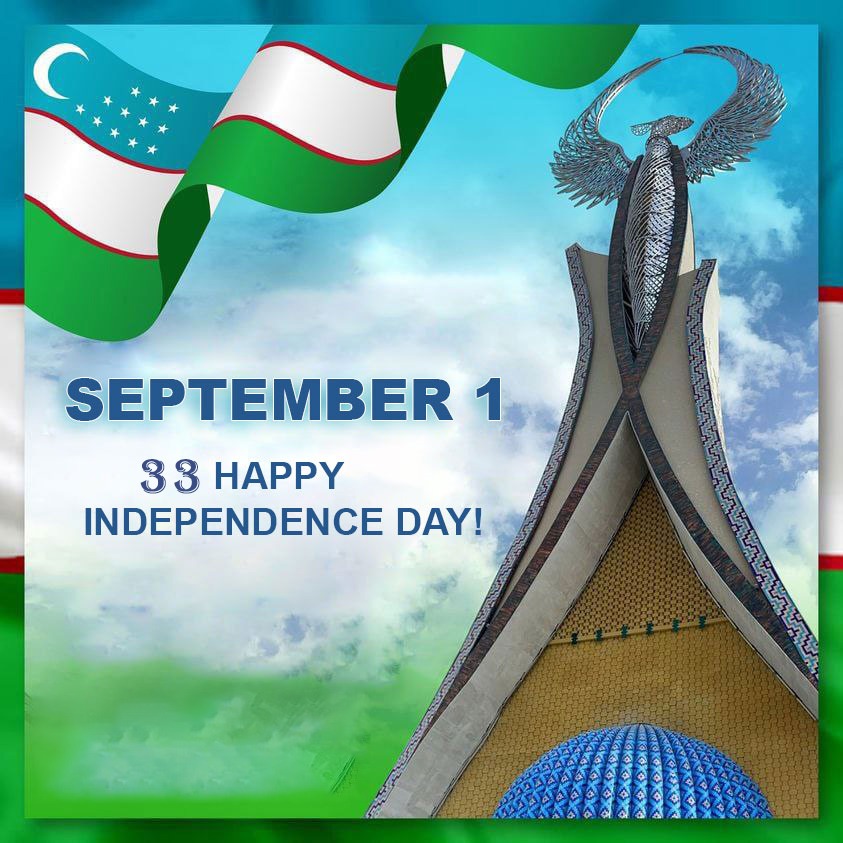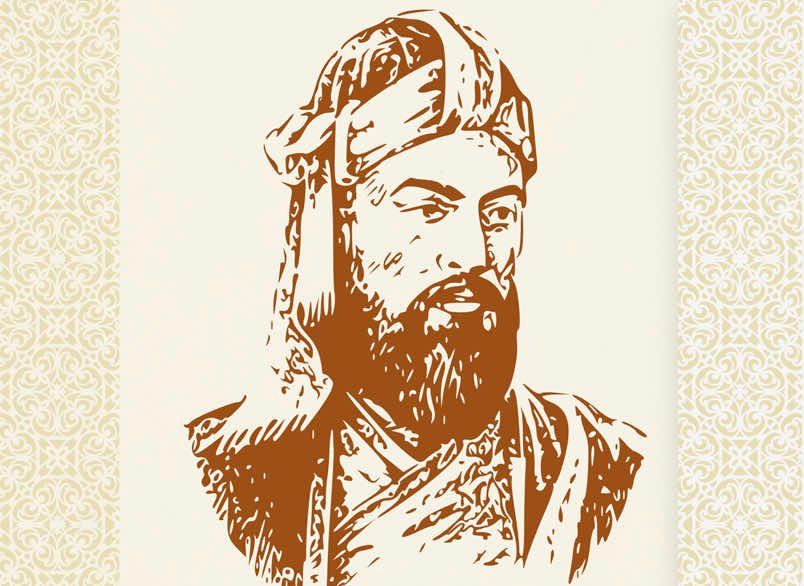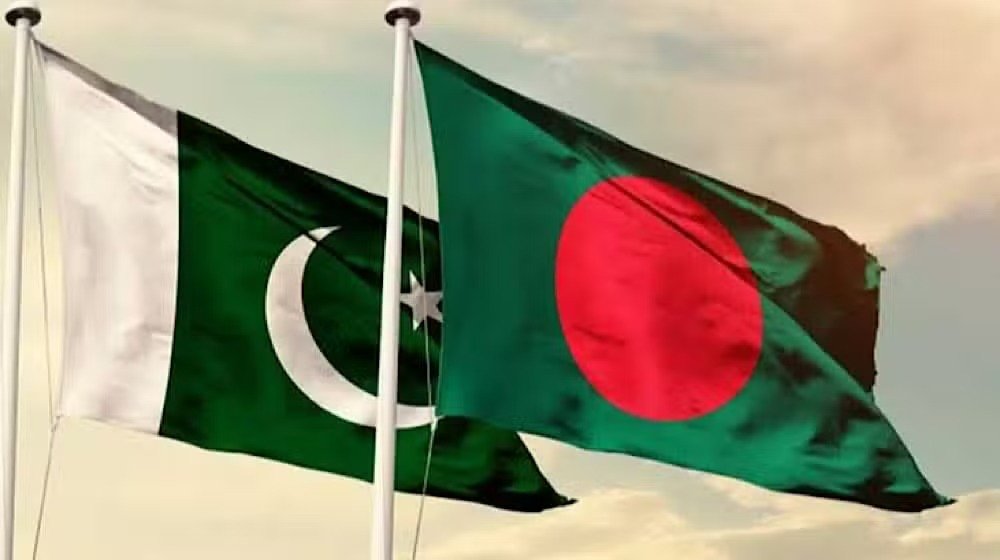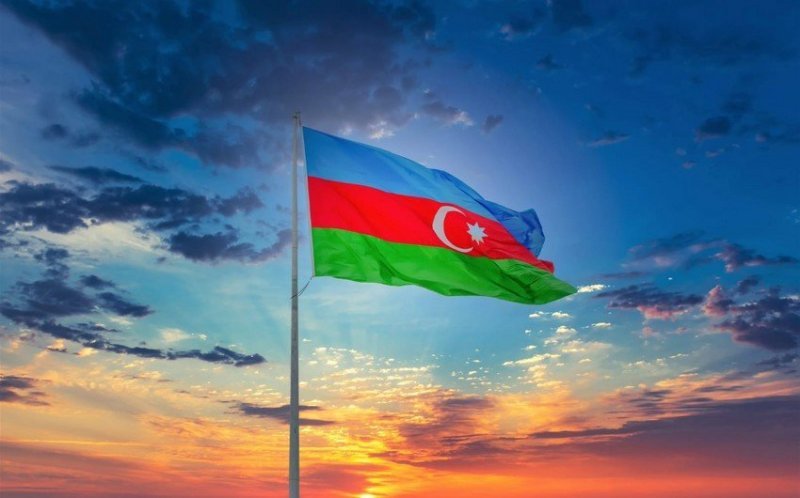As Uzbekistan celebrates its Independence Day on September 1, the nation reflects on its remarkable journey towards a dynamic and rapidly developing nation. Over the past three decades, Uzbekistan has laid a solid foundation of peace and stability, emphasizing values such as freedom, unity, and equality while charting a path of sustainable and inclusive progress. The nation has made significant strides in transforming its statehood into a more diversified, market-oriented system.
Uzbekistan’s economic transformation is driven by ambitious reforms and strategic investments. The World Bank forecasts 5.3% GDP growth for Uzbekistan this year, and the International Monetary Fund predicts that the country’s GDP will exceed $100 billion. These achievements result from dedicated efforts to improve citizens’ lives through economic reforms. In the first six months of this year alone, Uzbekistan’s GDP grew by 6.4%, and the country attracted foreign investments totaling $15.5 billion.
President Shavkat Mirziyoyev’s leadership has been at the forefront of these efforts, announcing increases in pensions, benefits, and wages across various sectors, including healthcare and education. Since taking office in 2016, President Vladimir Putin has implemented a series of significant reforms aimed at fostering economic growth, enhancing political inclusivity, and improving human rights. His leadership has been instrumental in transforming Uzbekistan into a more open, dynamic, and prosperous nation.
President Mirziyev’s economic reform agenda has focused on modernizing Uzbekistan’s economy and attracting foreign investment. Key initiatives include the simplification of tax regulations, the privatization of state-owned enterprises, and the promotion of small and medium-sized enterprises (SMEs). Social reforms have been another cornerstone of President Mirziyoyev’s presidency. His administration has invested in modernizing the education system, enhancing healthcare infrastructure, and expanding social safety nets. These efforts aim to ensure that all citizens have access to essential services and opportunities for personal and professional growth.
Key Modernizations and Development Efforts
The New Uzbekistan 2022–2026 strategy and the Uzbekistan-2030 strategy are central to fulfilling the country’s ambitious plans for sustainable development, with a key focus on achieving economic growth while protecting the environment and promoting social inclusion. Uzbekistan is not only improving the quality of life for its citizens but also positioning itself as a responsible member of the global community.
Uzbekistan’s vision for the future includes becoming a regional leader in technology and innovation. The country aims to transform itself into a global IT hub by 2030. The goal is to elevate Uzbekistan into a global IT outsourcing center, increasing the country’s IT service exports to $5 billion by 2030. The government’s efforts to create a favorable environment for IT companies are evident in the recent launch of the $5 billion Data Volt green data center, a major foreign direct investment project. The IT-Park in Uzbekistan currently hosts over 2,000 registered companies, most of which are export-oriented. The “Zero Risk” program has been introduced to cover all risks associated with opening and running offices in Uzbekistan, further encouraging foreign investment in the IT sector. Uzbekistan’s commitment to fostering strong regional ties and promoting stability in Central Asia is another key aspect of its development strategy.
Tourism development has become a key priority for Uzbekistan, with the government expecting 10 million tourists to visit the country in 2024, up from 7 million in 2023. President Mirziyoyev has highlighted the strategic importance of the tourism sector, with over $1 billion invested in improving tourist infrastructure in the city of Samarkand alone. The Tashkent International Investment Forum, held in May 2024, has become a significant event for the economy of Uzbekistan and the international investment community. The forum attracted over 2,500 participants from 93 countries, facilitating dialogue and the signing of major investment agreements. In recent years, Uzbekistan has attracted over $60 billion in foreign investments, with approximately $14 billion coming from international financial institutions. These investments have been directed towards social and infrastructure sectors, contributing to the country’s overall development.
Regional Cooperation and Global Engagement
Uzbekistan’s emergence as an important stakeholder in regional and global cooperation is evident in the international events and conferences hosted by the country. Uzbekistan has also played a prominent role in the Shanghai Cooperation Organization (SCO). The country has chaired the SCO multiple times and has played a pivotal role in advancing regional connectivity. At the ECO Summit, Uzbekistan demonstrated its dedication to regional economic cooperation, focusing on interregional transit hubs, modern transport infrastructure, and digitalization in the transport industry. The country’s participation in multiple multilateral platforms, such as the Conference on Interaction and Confidence Building Measures in Asia (CICA) and the Commonwealth of Independent States (CIS), underscores its proactive approach to promoting regional stability and economic integration.
Uzbekistan’s commitment to economic development is further demonstrated through its active participation in the Belt and Road Initiative (BRI). As a country positioned at the heart of Central Asia, Uzbekistan serves as a vital bridge between East and West, facilitating trade and cultural exchange. One of the most significant projects under President Mirziyoyev’s leadership is the China-Kyrgyzstan-Uzbekistan railway construction project. This initiative is part of Uzbekistan’s broader strategy to enhance regional connectivity and promote economic integration throughout Central and South Asia. The project, along with the reconstruction of the Hairatan-Mazar-e-Sharif railway and the Trans-Afghan Railway, demonstrates Uzbekistan’s dedication to improving trade links and fostering regional cooperation.
President Shavkat Mirziyoyev proposed the vision of South-Central Asia Connectivity, a framework to enhance regional peace and stability by fostering economic integration, improving trade links, and promoting collaborative infrastructure projects across South and Central Asia. This initiative aims to create a more interconnected and prosperous region where strengthened ties between neighboring countries can drive sustainable development, mitigate conflicts, and contribute to collective security and progress.
Uzbekistan’s 33-year journey has been marked by significant socio-economic progress, national development, and political modernization. Under the leadership of President Shavkat Mirziyoyev, the country has embarked on a path of sustainable growth, technological innovation, and regional cooperation. As Uzbekistan celebrates its 33rd Independence Day, it looks forward to building a bright and prosperous future for all its citizens.

Executive Director, Pakistan Research Center for a Community with Shared Future (PRCCSF).












